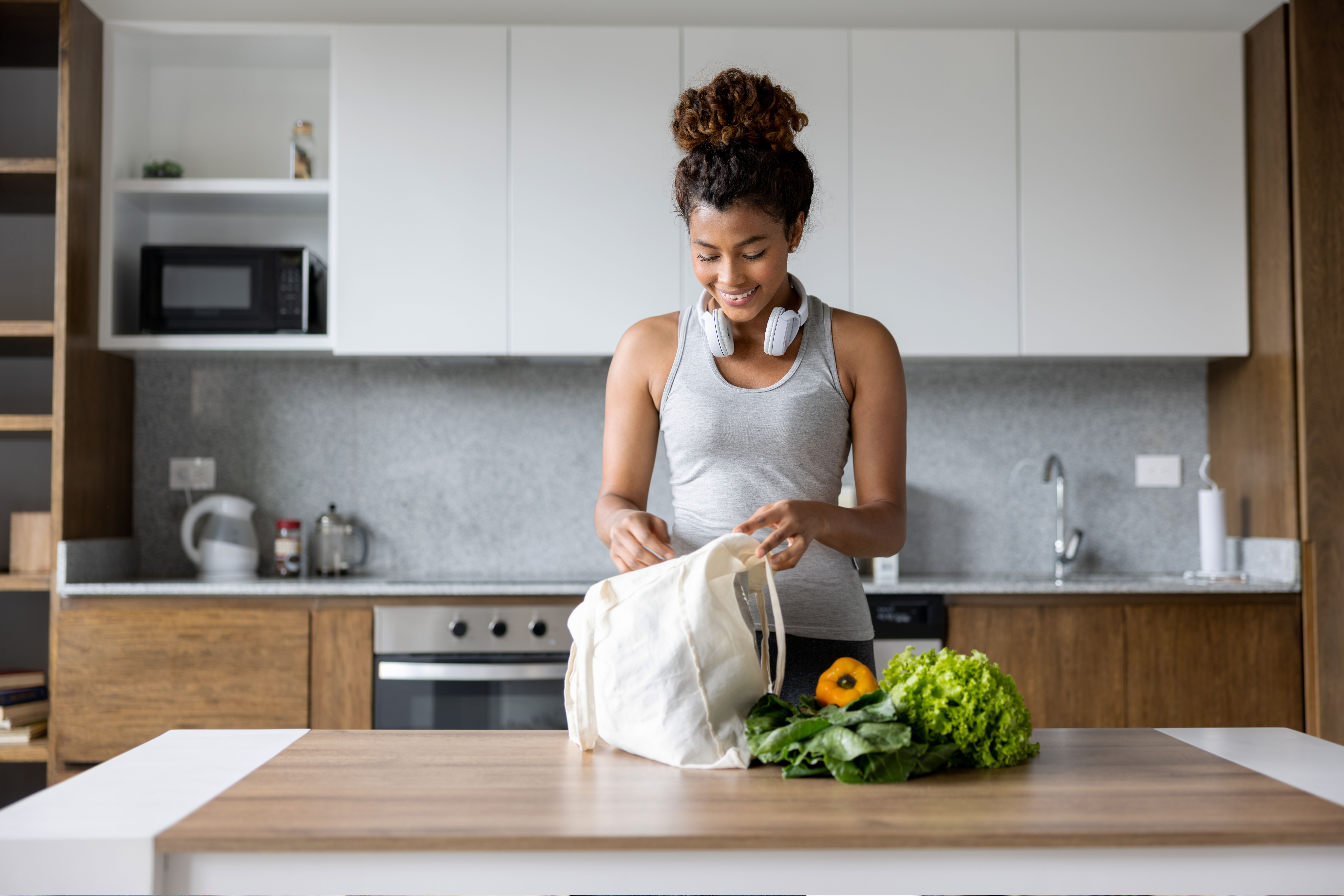Nearly half of all Americans suffer from occasional sleeplessness, and 15 percent have chronic, unremitting insomnia.
Missing high-quality sleep regularly can increase your risk of depression, weight gain, obesity, type 2 diabetes, high blood pressure, heart disease, and memory and concentration problems.
Adults should get at least seven hours of sleep per night, though 1 in 3 fail to reach that minimum, according to the US Centers for Disease Control and Prevention.
In short, sleep is a critical piece of the wellness puzzle. If you have sleep issues, here are tips you can put into practice to try to obtain the optimum seven hours.
10 Tips for Better Sleep
- Get Morning Light Upon Waking. Morning exposure to light helps reset your body clock, which will actually make it easier to fall asleep at night.
- Exercise. Research has shown that physical activity can be as effective as prescription sleep medicines. Physical activity relieves stress and tires your body so that it requires rest.
- Stop Caffeine Mid-Day. Caffeine boosts your nervous system which may make it difficult to rest. Starting at noon or before stop consuming caffeine and ideally, replace it with water. This will ensure that your body is functioning properly. Also avoid sweetened beverages, such as fruit drinks and sodas, which can interfere with sleep quality.
- Sleep and Wake at Consistent Times. Your body’s circadian rhythm functions on a set loop, aligning itself with sunrise and sunset. Your chances of a good night’s sleep are best when you remain consistent with the time you go to bed and rise.
- Avoid Alcohol in the Evening. Consuming alcohol at night can negatively affect your sleep and hormones and alter melatonin production, which plays a key role in sleep. It can also increase sleep apnea, snoring and disrupted sleep patterns overall.
- Don’t Eat Too Late. Try to eat dinner at least three hours before going to bed, or you risk potential heartburn and restless sleep.
- Avoid Electronics Before Bed. The blue light from electronic devices such as your computer or phone greatly affects sleep. Power down at least one hour before hitting the hay.
- Do Something Relaxing Before Bedtime. Try some very simple yoga stretches, meditation, or reading a book.
- Try Lavender. Spritz a bit on your pillowcase before lying down. Other relaxing essential oils include vanilla, jasmine, chamomile, sandalwood, clary sage, and rose.
- Short Naps, Not Long. Napping for 30 minutes or less can enhance daytime brain function. Conversely, longer naps can harm health and sleep quality.
These 10 tips can be combined or mixed and matched to suit your needs. However you end up tackling your sleep, you’ll find that resting well helps with being well. And that’s certainly worth pursuing!








